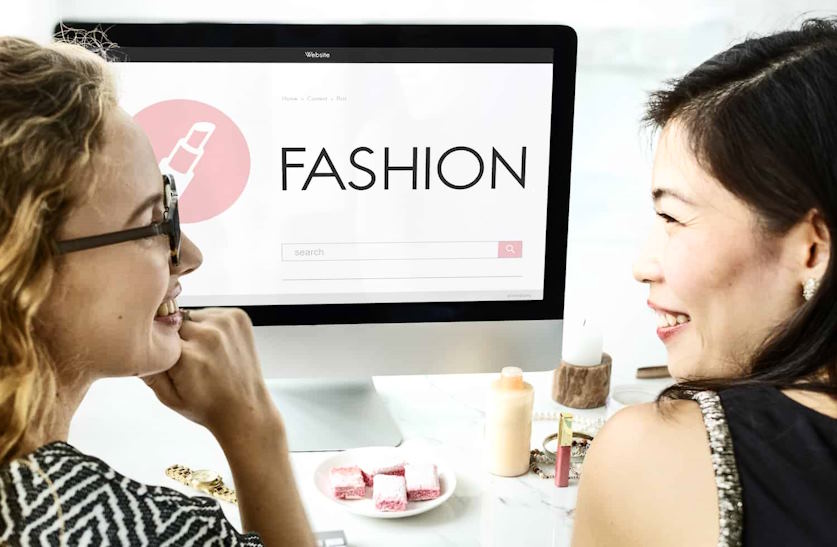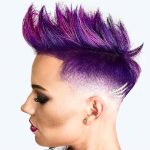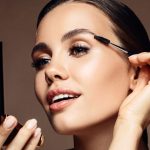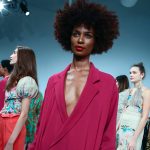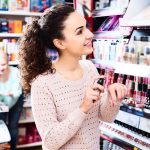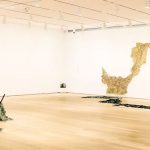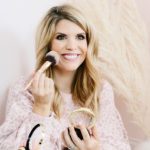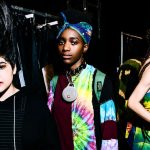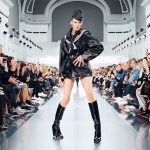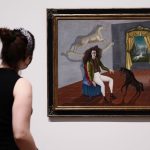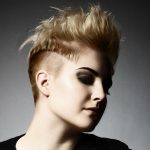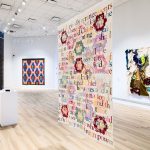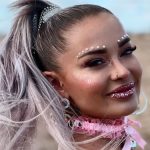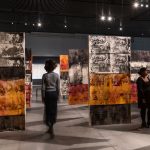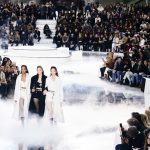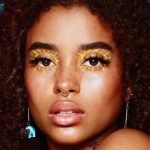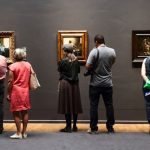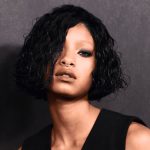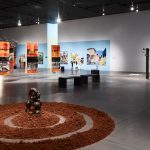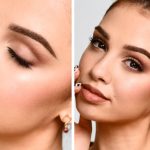Fashion events represent more than just a runway spectacle or a temporary storefront. They serve as dynamic platforms where brands can weave narratives, create immersive experiences, and connect with consumers on a deeper level. In today’s rapidly evolving fashion landscape, where competition is fierce and consumer attention spans are fleeting, the importance of strategic event marketing cannot be overstated. From haute couture showcases to streetwear pop-ups, fashion events offer brands an opportunity to amplify their presence, solidify their brand identity, and drive engagement like never before.
Setting Clear Objectives
Every successful event begins with a clear set of objectives. Whether it’s increasing brand awareness, driving sales, or fostering brand loyalty, defining specific and measurable goals is essential. These objectives serve as guiding beacons throughout the planning process, shaping event strategies and tactics.
For example, a brand aiming to launch a new collection might set objectives such as generating media coverage, increasing social media engagement, and driving foot traffic to physical stores. By articulating these objectives upfront, brands can align their efforts and resources effectively, maximizing the impact of their events.
Choosing the Right Type of Fashion Event
Fashion events come in various shapes and sizes, each offering unique opportunities to engage with consumers. From traditional runway shows to experiential pop-ups, brands must carefully consider which format best aligns with their objectives and resonates with their target audience.
For established luxury brands, a high-profile runway show during fashion week may be the ideal platform to showcase craftsmanship and exclusivity. Conversely, emerging streetwear labels might opt for guerrilla-style pop-up events in urban hotspots to generate buzz and cultivate a sense of community among their followers. By selecting the right type of event, brands can create memorable experiences that leave a lasting impression on attendees.
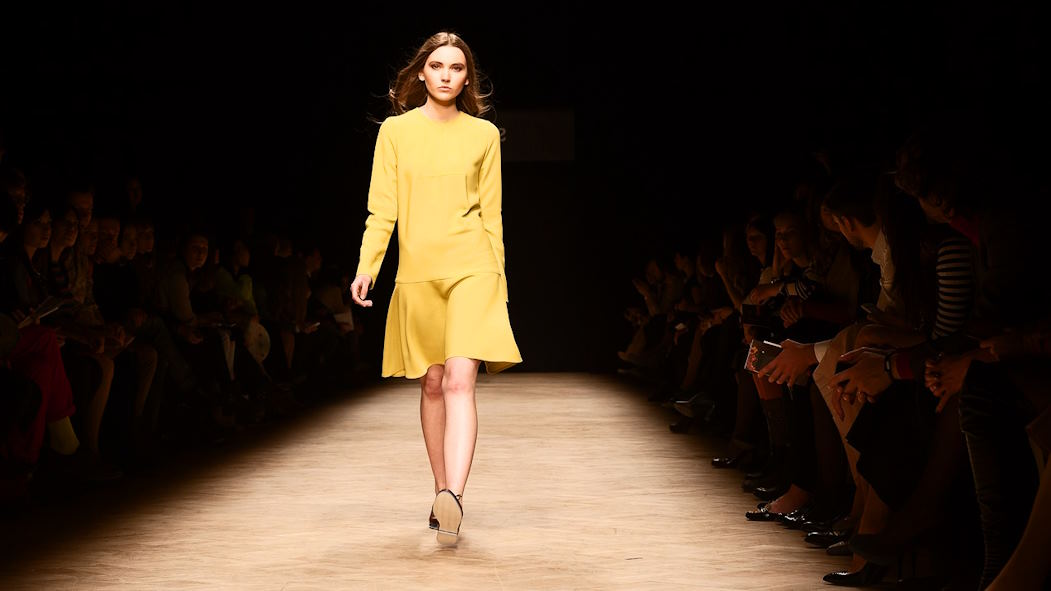
Creating Compelling Event Experiences
In today’s experience-driven economy, consumers crave more than just products; they seek immersive and memorable experiences. Brands must leverage the power of storytelling, design, and technology to create compelling event experiences that resonate with attendees long after the event is over.
Immersive environments that reflect the brand’s aesthetics and values can transport attendees into the brand’s world, forging emotional connections and fostering brand loyalty. Interactive elements such as VR installations, live performances, or personalized experiences add layers of engagement and intrigue, encouraging attendees to participate actively.
Leveraging Influencers and Brand Ambassadors
Influencers and brand ambassadors play a pivotal role in amplifying the reach and impact of fashion events. Partnering with relevant influencers who align with the brand’s values and target audience can extend the event’s reach, drive social media engagement, and lend credibility to the brand’s message.
Whether it’s inviting influencers to attend the event, collaborating on content creation, or hosting exclusive influencer previews, brands can leverage the power of influencer marketing to create buzz and generate excitement around their events. Similarly, enlisting brand ambassadors to act as advocates and storytellers can humanize the brand and create authentic connections with consumers.
Harnessing the Power of Social Media
In today’s digital age, social media serves as a powerful amplifier for fashion events, allowing brands to reach audiences far beyond the confines of the event venue. A comprehensive social media strategy that encompasses pre-event promotion, live coverage, and post-event engagement is essential for maximizing the event’s impact and visibility.
Creating shareable content such as behind-the-scenes sneak peeks, live streams of runway shows, and user-generated content encourages attendees to become brand advocates and amplifies the event’s reach. Utilizing event hashtags, geotags, and interactive features enables brands to foster community engagement and dialogue, turning attendees into active participants in the brand narrative.

Collaboration and Sponsorship Opportunities
Collaborating with like-minded brands and securing strategic sponsorships can enhance the credibility and appeal of fashion events. Whether it’s partnering with complementary brands to co-host an event or securing sponsorships from industry players, collaboration offers brands access to new audiences, resources, and expertise.
By aligning with brands that share similar values and aesthetics, brands can create synergistic experiences that resonate with attendees and reinforce brand messaging. Similarly, securing sponsorships from fashion industry players can provide financial support, logistical assistance, and access to exclusive resources, enhancing the overall quality and prestige of the event.
Post-Event Follow-Up and Analysis
The end of the event does not mark the end of the journey; rather, it represents the beginning of a new phase of engagement and analysis. Sending thank-you notes to attendees, sharing highlights on social media, and soliciting feedback are essential steps in post-event follow-up.
Analyzing event metrics such as attendance, social media engagement, media coverage, and sales conversions allows brands to evaluate the success of their event against predefined objectives. By identifying areas of strength and opportunities for improvement, brands can refine their event strategies and ensure continued growth and success in the future.

